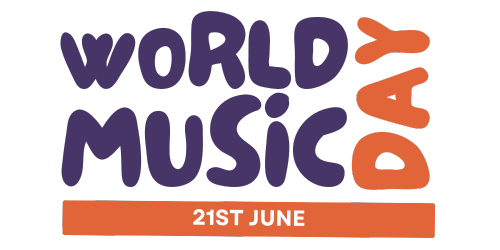Promoting music education within schools is essential to ensure its inclusion in the broader curriculum and to highlight its importance in fostering students’ academic, social, and emotional development. Effective advocacy involves engaging stakeholders, demonstrating the benefits of music education, and implementing strategies to sustain and grow music programs. Here’s how educators, administrators, and advocates can promote music education effectively.
Highlighting the Benefits of Music Education
1. Academic Enhancement: Share research and data demonstrating how music education supports broader academic achievements, including improvements in math, reading, and language skills. Music education is linked to higher SAT scores, better memory, and enhanced cognitive functions.
2. Social and Emotional Development: Emphasize music’s role in developing social and emotional competencies. Participating in music ensembles fosters teamwork, communication, empathy, and self-discipline, while also providing a sense of belonging and community.
3. Cultural Awareness and Appreciation: Highlight how music education promotes cultural understanding and appreciation, exposing students to diverse musical traditions and fostering an inclusive school environment.
Engaging Stakeholders
4. Parents and Guardians: Engage parents through meetings, performances, and newsletters that showcase the value of music education. Encourage their support and involvement in advocacy efforts, fundraising, and volunteering.
5. School Administration and Board Members: Present compelling arguments to school leaders and decision-makers, focusing on music education’s positive impacts on student achievement and school culture. Propose cost-effective solutions for integrating and expanding music programs.
6. Community and Local Businesses: Build partnerships with community organizations, local businesses, and arts institutions. These partnerships can provide additional resources, expertise, and public platforms to advocate for music education.
Effective Advocacy Strategies
7. Organize Events and Performances: Host concerts, open houses, and community events that showcase students’ musical talents. Use these opportunities to demonstrate the program’s impact and engage with potential supporters.
8. Leverage Social Media and Online Platforms: Use social media, blogs, and school websites to share success stories, highlight student achievements, and promote upcoming events. Online platforms can reach a wider audience and rally support for music education.
9. Develop Promotional Materials: Create brochures, videos, and presentations that illustrate the benefits of music education. These materials can be used in meetings with stakeholders, fundraising campaigns, and community outreach efforts.
10. Advocate for Policy Support: Engage with local, state, and national policymakers to advocate for music education funding and policies. Join forces with music education organizations and coalitions to strengthen advocacy efforts.
Sustaining and Growing Music Programs
11. Fundraising and Grants: Identify and pursue funding opportunities to support music programs. This can include school fundraisers, grants from arts organizations, and sponsorships from local businesses.
12. Professional Development: Invest in ongoing professional development for music educators to ensure high-quality instruction and program innovation. Well-trained, enthusiastic teachers are key to sustaining interest in music programs.
13. Curriculum Integration: Work towards integrating music across the curriculum to demonstrate its interdisciplinary value and secure its place within the educational system. Collaborations with other subjects can lead to innovative teaching approaches and wider acceptance of music education.
14. Continuous Evaluation and Adaptation: Regularly assess the music program’s effectiveness in meeting its goals and adjust strategies as needed. Gathering feedback from students, parents, and educators can guide improvements and innovations.
Conclusion
Promoting music education requires a multifaceted approach that involves demonstrating its value, engaging with stakeholders, and implementing strategic advocacy efforts. By highlighting music education’s numerous benefits and mobilizing community support, educators and advocates can ensure that music remains a vital part of the school curriculum, enriching students’ lives and enhancing the educational landscape.
